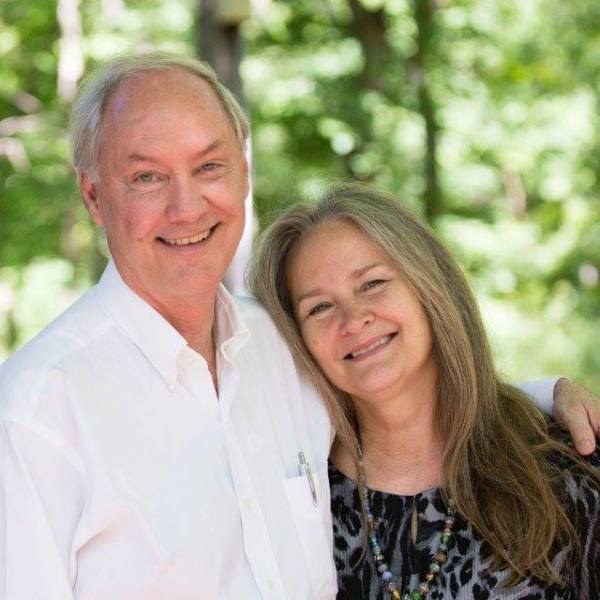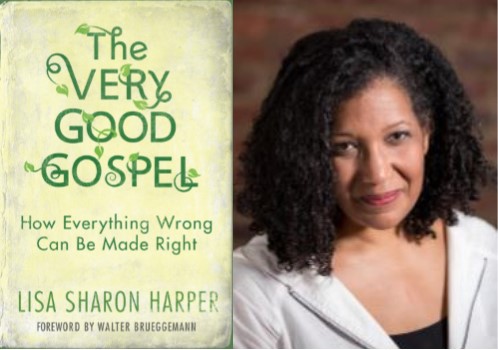PneumaReview.com speaks with Rolland Baker about Iris Global and his new book, Keeping the Fire.
![]()
Rolland and Heidi Baker
PneumaReview.com: Many people know about the work that you and Heidi are doing in Mozambique but Iris Global has leaders in over 30 nations. What are some of the other nations that Iris works in?
In His Presence is fullness of joy, and with Paul we testify that in all our troubles our joy knows no bounds.
PneumaReview.com: In your new book, Keeping the Fire, you write about the five core values of Iris Global, please tell our readers what they are.
Baker: Our first core value is that we believe there is no limit to the extent of which we can know God and experience him. Jesus is not just the destination to some place, he is the destination. All the mysteries of life are hidden in him for us to discover as we seek Him with all our heart, mind, and soul. Not only can we find God, but also we depend on Him completely. This is our second core value. We do not put confidence in the flesh – either in people or plans. Our confidence is in Jesus, and all fruitfulness flows from intimacy with him. Our third core value is to look for revival and begin ministries, not always but as a general rule, at the bottom and not the top. This means going to the least, to the poor and the unwanted. It means going to the people most Churches don’t want to have anything to do with; the people others have given up on and thrown away. We go to the most hurting, the most broken, and the forgotten of the world as vessels of the kind of love the world has never seen. This leads to our fourth value, the willingness to suffer, if necessary, for the sake of the Gospel. The Bible tells us that we will share Jesus’ glory to the extent and in the proportion we share his suffering. Some people might teach that he suffered so that we won’t have to. But we in Iris don’t feel that way. We feel that he suffered so that he could save us from our sins and give us a heart like he has so that we can live the way He lived among evil opposition. We are not about to tell people that if you get into tough stuff that you’re doing something wrong. In fact, in this world we are told we will face evil opposition, but we also realize that trials and tribulations produce a character in us that proves to the glory of God. It was for the joy set before him that Jesus endured the cross. Therefore, our last value is deeply important, and that is the joy of the Lord. In His Presence is fullness of joy, and with Paul we testify that in all our troubles our joy knows no bounds. It is our strength and energy, without which we die. People tell me all the time places of persecution and difficulty are not places to experience joy. We are told that we need to get serious and focus on problems. But, it was the persecuted Christians in China that taught me that joy is the energy of the Holy Spirit. It’s the joy given by the Holy Spirit that kept Christians from losing hope in prison, solitary confinement, and torture in China. If they needed it, and if Jesus needed it to go through the Cross, then we must need it too! It’s for the joy set before us that we are willing to do the stuff. Without joy, life is meaningless. Love without joy is a killer. The perfection of Heaven, and of the gospel is that perfect love which results in joy and that’s the whole outcome of everything!

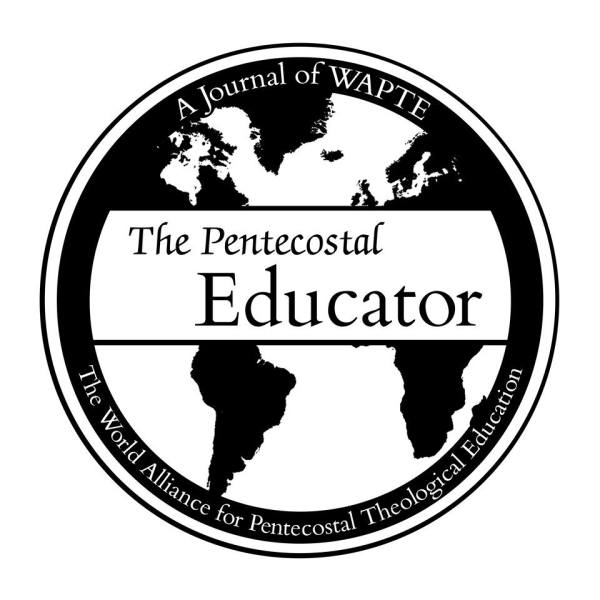 Rick Wadholm Jr.: The Pentecostal Educator is an e-journal biannually publishing scholarly and practical articles related to theological education within the Pentecostal tradition to encourage the continuing maturation of Pentecostal theological education. It is intentionally practical, applied and international. The journal is intended to provide materials related to worldwide Pentecostal theological education like: institutional case studies, critical engagement with current newsworthy events, educational trends and trajectories, pedagogical analysis, and book reviews.
Rick Wadholm Jr.: The Pentecostal Educator is an e-journal biannually publishing scholarly and practical articles related to theological education within the Pentecostal tradition to encourage the continuing maturation of Pentecostal theological education. It is intentionally practical, applied and international. The journal is intended to provide materials related to worldwide Pentecostal theological education like: institutional case studies, critical engagement with current newsworthy events, educational trends and trajectories, pedagogical analysis, and book reviews.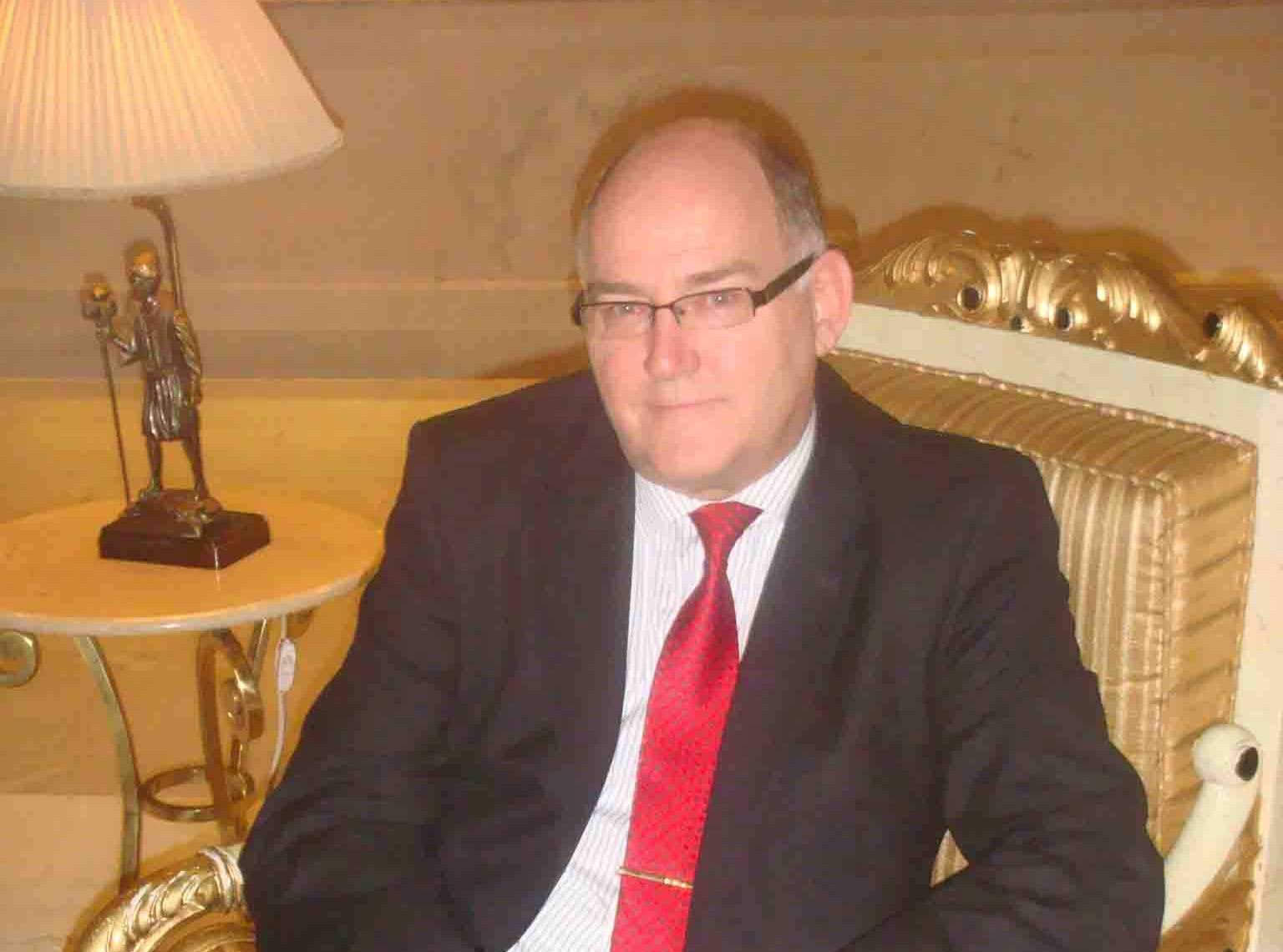 Matti Wendelin: My ministry,
Matti Wendelin: My ministry, 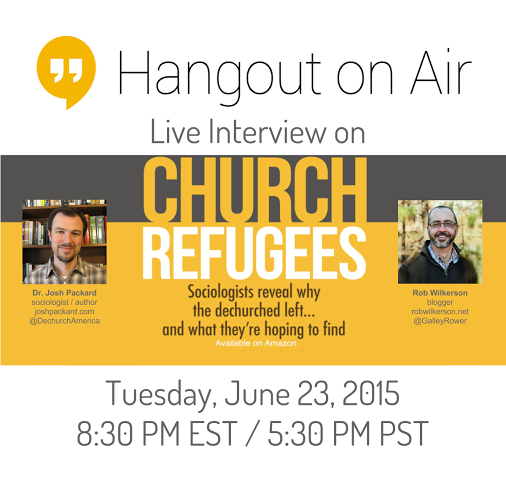
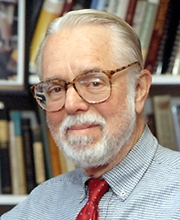
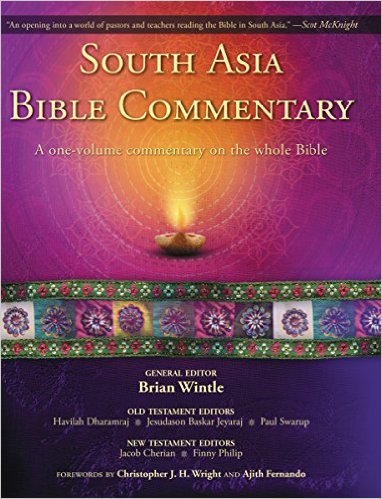

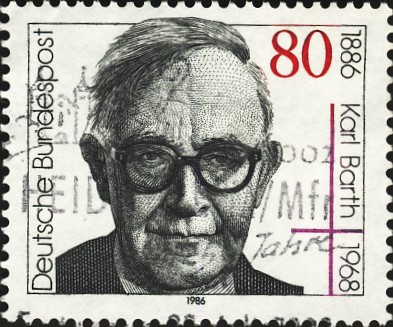 Karl Barth was an influential Swiss Reformed theologian that lived from 1886 to 1968. Featured on postage stamps and the cover of Time (April 20, 1962), today we would call him a rock star among theologians. A strong critic of those Christians who supported the Nazis, Barth is best known for his involvement in the neo-orthodoxy movement and writing
Karl Barth was an influential Swiss Reformed theologian that lived from 1886 to 1968. Featured on postage stamps and the cover of Time (April 20, 1962), today we would call him a rock star among theologians. A strong critic of those Christians who supported the Nazis, Barth is best known for his involvement in the neo-orthodoxy movement and writing 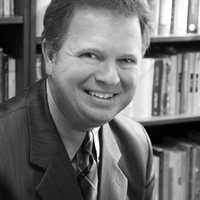
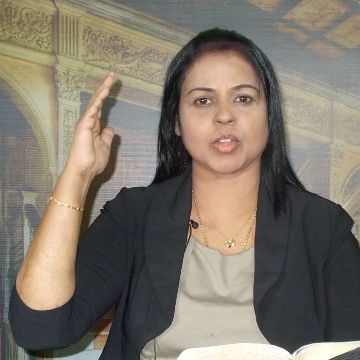 Esther V. Shekher: Calling of God…I am a Medical Doctor and a full time Missionary & Evangelist for the past 11 years. In 1989, the Lord, in His grace, enrolled me in His School of Training. He prepared me by taking me through numerous trials, especially the four major tests, namely, Character Test, Obedience Test, Word Test and Faith Test for the next 14 years. The tests got tougher and tougher and finally, to be honest before God, I felt like I was taking Ph.D. level tests in these four spiritual areas. Only by the grace of God, I could pass these tests according to God’s standard of righteousness. All glory to God!
Esther V. Shekher: Calling of God…I am a Medical Doctor and a full time Missionary & Evangelist for the past 11 years. In 1989, the Lord, in His grace, enrolled me in His School of Training. He prepared me by taking me through numerous trials, especially the four major tests, namely, Character Test, Obedience Test, Word Test and Faith Test for the next 14 years. The tests got tougher and tougher and finally, to be honest before God, I felt like I was taking Ph.D. level tests in these four spiritual areas. Only by the grace of God, I could pass these tests according to God’s standard of righteousness. All glory to God!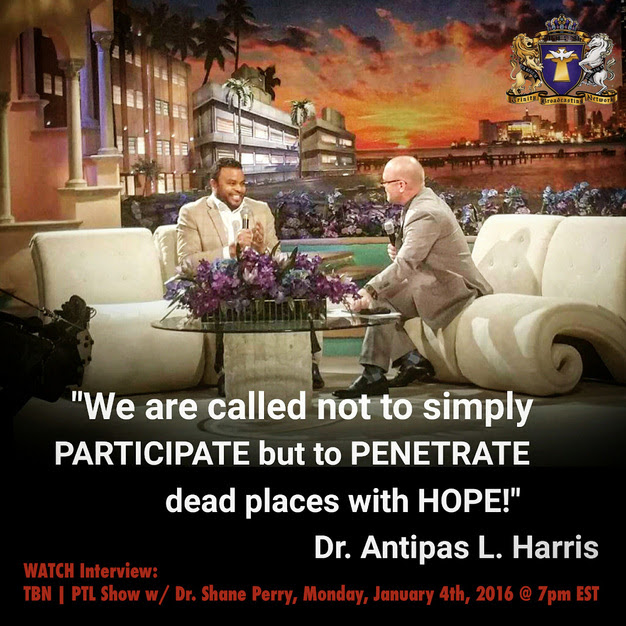
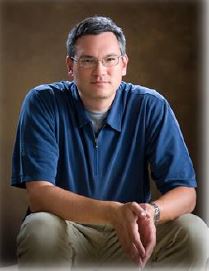
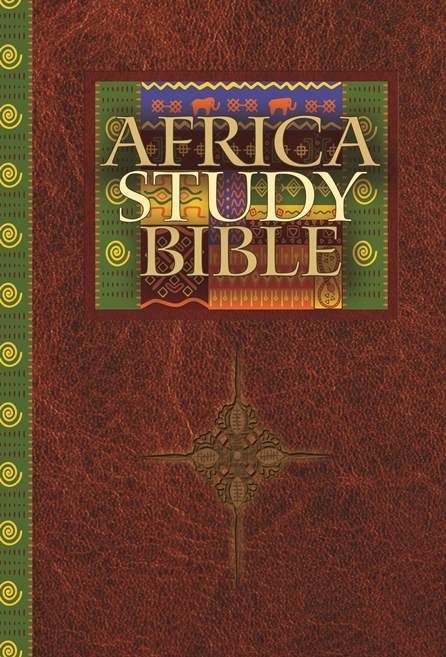

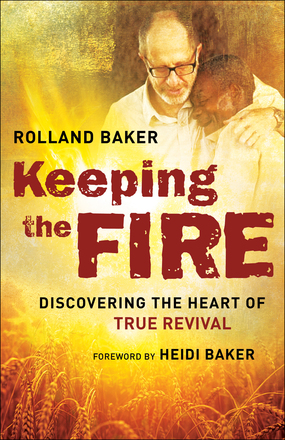
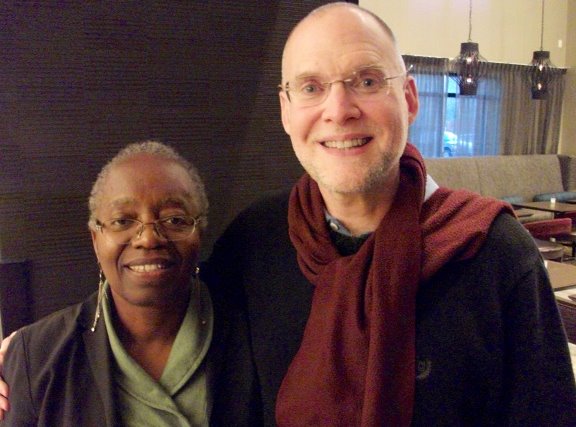
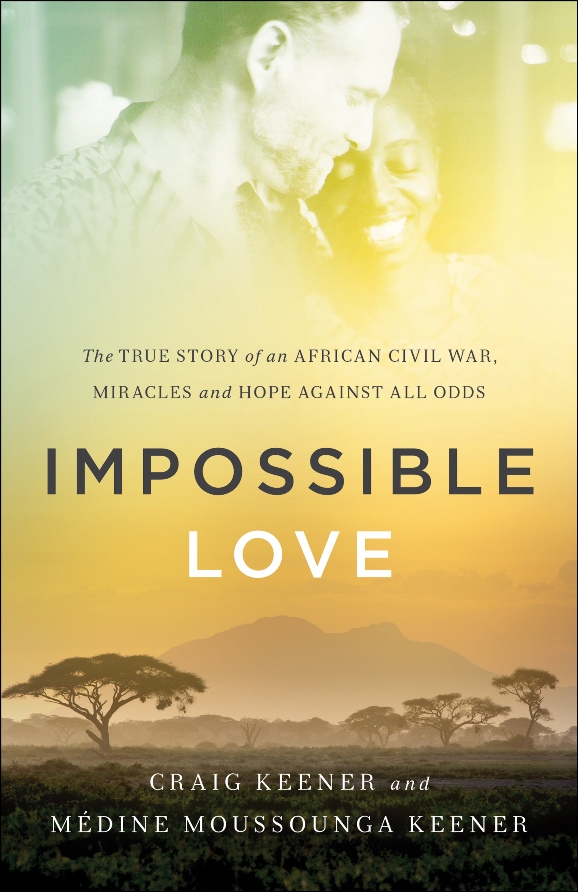
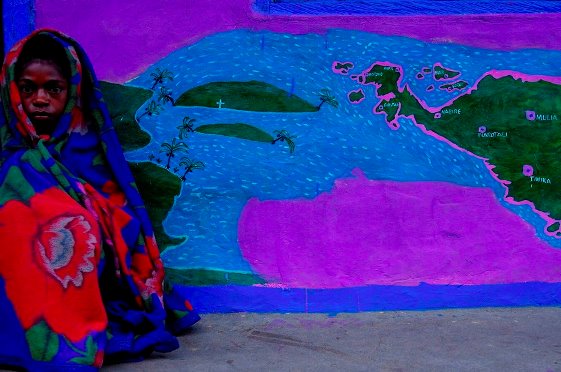
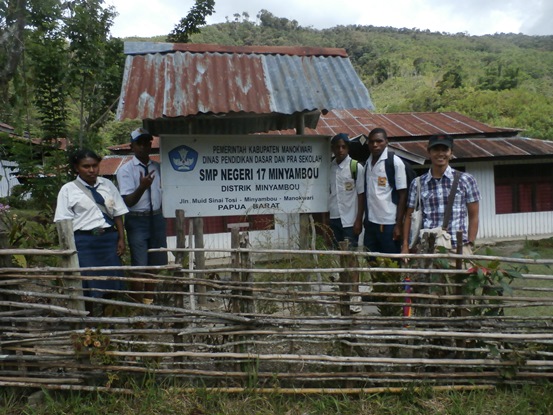
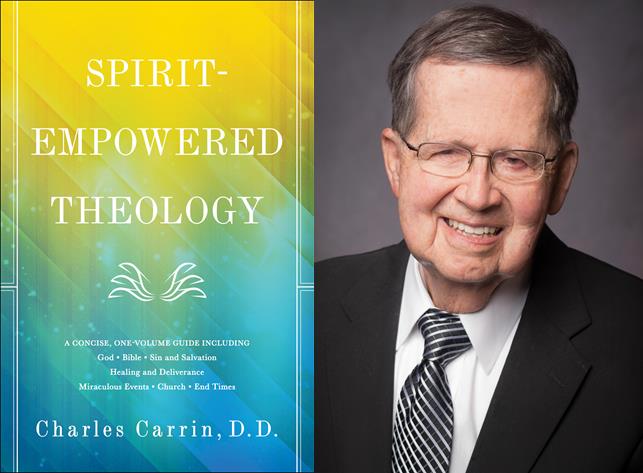 PneumaReview.com: Why did you choose to write a book on theology?
PneumaReview.com: Why did you choose to write a book on theology?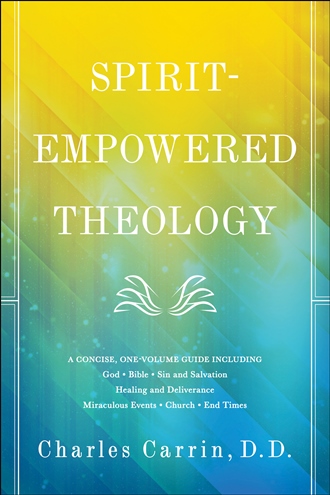
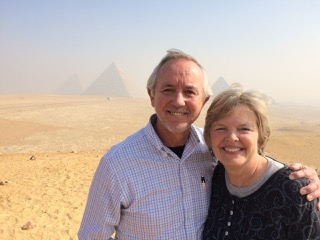
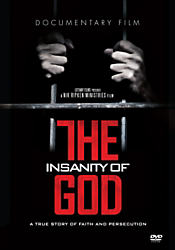
 Nik and Ruth Ripken: The answer to this question could take volumes. If we had to narrow it down to a few ways that these believers impacted us, first would be the deep joy they exhibit when they talk about Jesus and who He is in their lives. No matter the persecution that has tried to silence them, they live in joy.
Nik and Ruth Ripken: The answer to this question could take volumes. If we had to narrow it down to a few ways that these believers impacted us, first would be the deep joy they exhibit when they talk about Jesus and who He is in their lives. No matter the persecution that has tried to silence them, they live in joy.
